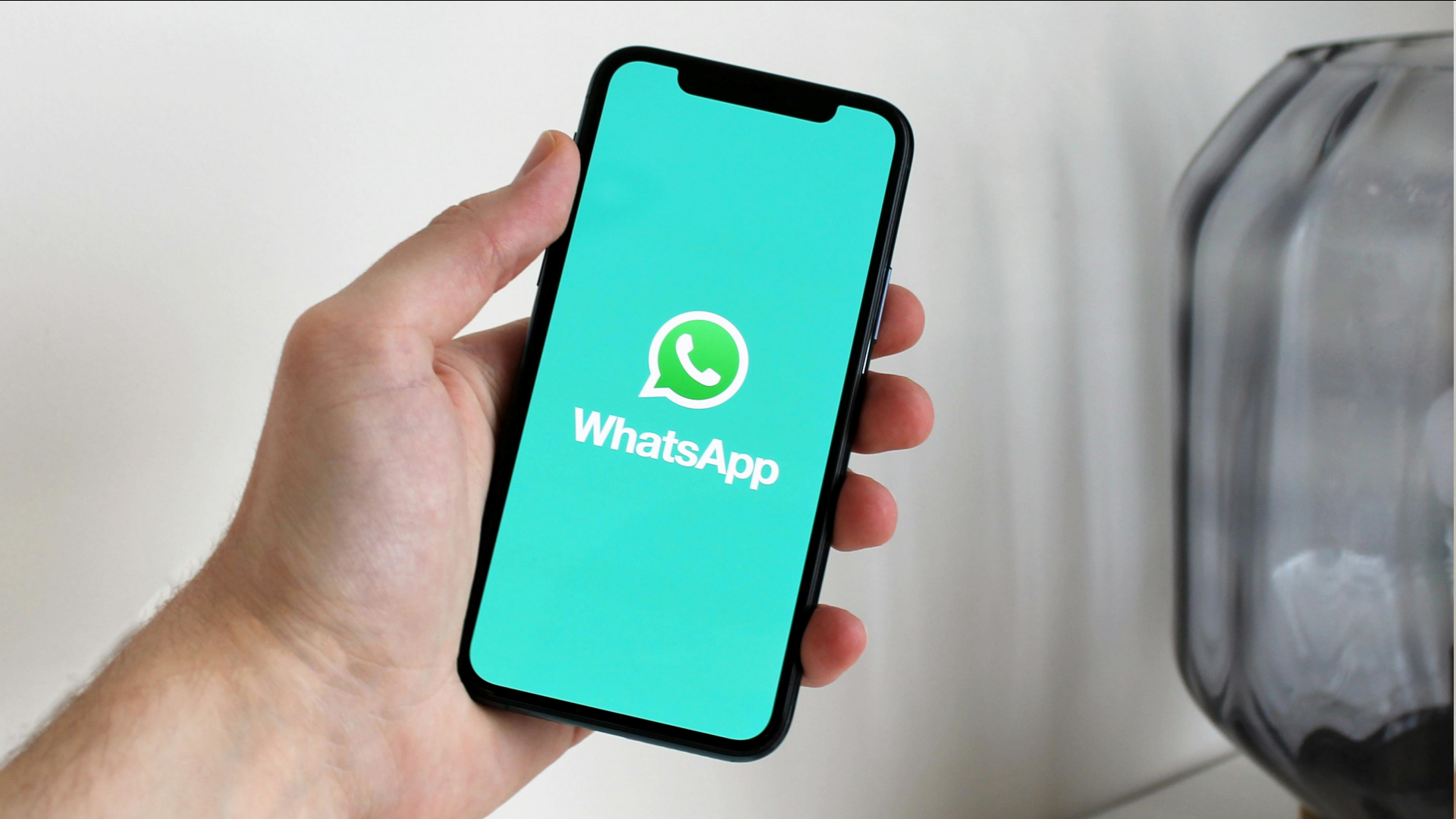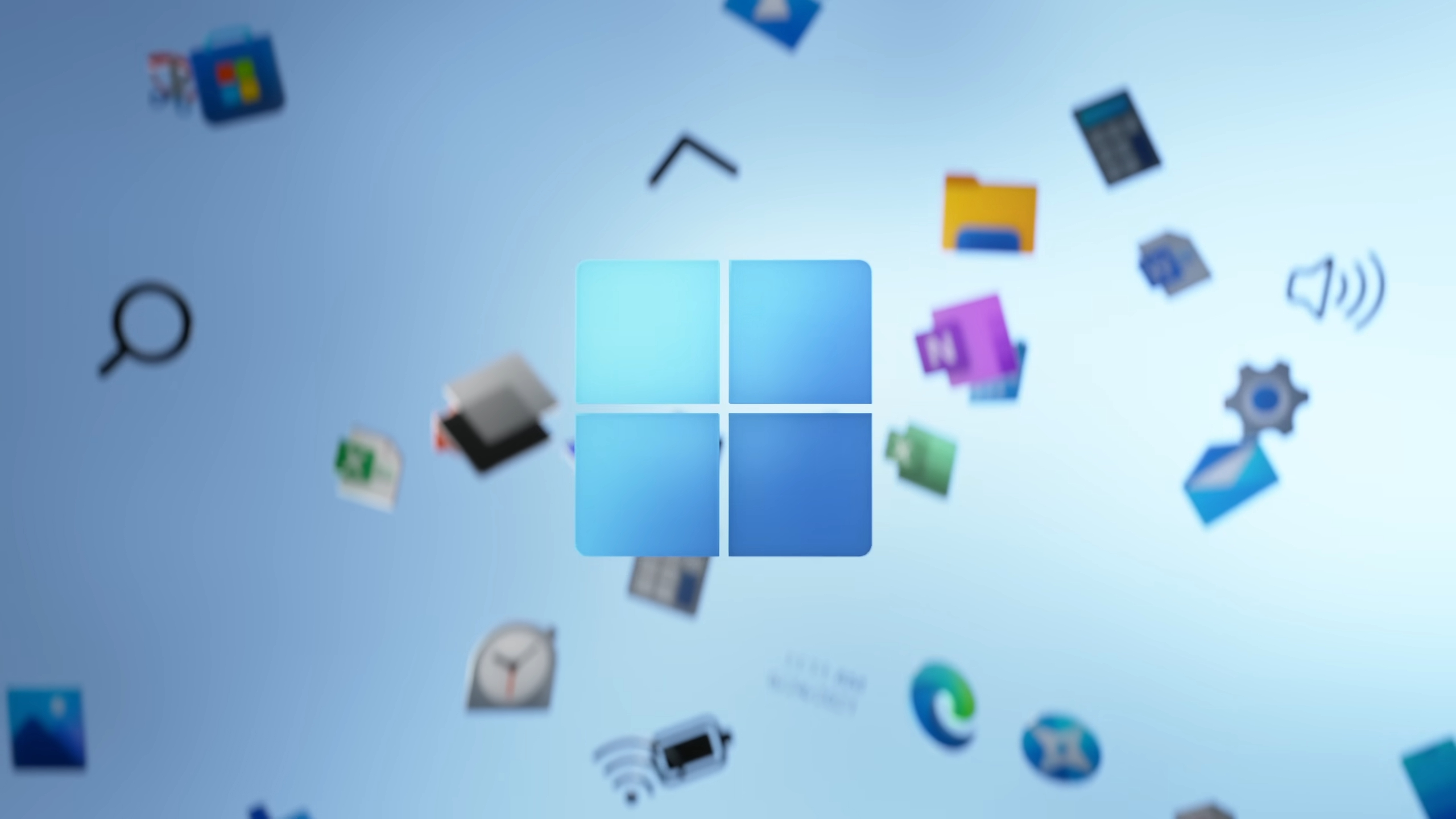WhatsApp is piloting a username feature that replaces phone numbers with unique identifiers, aiming to enhance user privacy.

WhatsApp is now testing a feature that allows its users to have their own usernames instead of phone numbers. This new change is a big move for WhatsApp since it’s leaving behind its old model of using phone numbers to identify users. At this stage, it looks as if the feature focuses on privacy and ease of use.
In this post, we will explore this new username feature on WhatsApp, how it impacts users and more. Let’s dive into it.
Technical Insights and Feature Overview
Big privacy and security enhancement coming to WhatsApp: it will allow you to create a username and share that instead of your phone number, allowing you to keep your number private. Just like Telegram does (but far more secure than Telegram) pic.twitter.com/gqMKHTtmS0
— pablito.eth 🦇🔊 ♢ (@PabloSabbatella) May 29, 2025
The main concept of the new username feature is simple. Soon, users will have the ability to choose a unique handle to show in chats rather than using their phone number. Based on the iOS beta version’s backend code, this update includes technical aspects that keep the platform running smoothly and consistently.
At the core of the system is an interface that makes sure all usernames are formatted correctly. People can use lowercase letters, numbers, periods and underscores, but no special characters or URL-like patterns are allowed. This attention to detail makes sure people cannot misuse the app and keeps the interface looking neat. Moreover, if a user modifies their username, WhatsApp will deliver a system message alerting their friends about the change, just as it does for photo or number changes.
Industry Context and Comparable Features
This decision from WhatsApp is similar to trends seen in other messaging apps today. Users of Telegram and Signal have enjoyed the same privacy measures for a while. These apps have let users chat without revealing their phone numbers. The addition of usernames fits well with what other messaging apps do and helps WhatsApp retain its simple and easy-to-use layout.
Even though this feature could be helpful, introducing it causes certain concerns. There is still confusion about whether users can hide their phone numbers from people already in their contacts. As the system is being improved, there is increased interest in learning more about managing current connections and the general experience for users.
Progressive Enhancements and Future Expectations
WhatsApp has been making changes like this regularly and the username feature is just one part of that. In the past, WhatsApp has rolled out similar iterative updates over time. Previously, it introduced features like disappearing messages and chat locks. These features underscore the company’s commitment towards a balance of user convenience and privacy.
📝 WhatsApp beta for iOS 25.17.10.70: what's new?
— WABetaInfo (@WABetaInfo) May 29, 2025
WhatsApp is working on a feature to choose a username for phone number privacy, and it will be available in a future update!https://t.co/IrXIDfCbqe pic.twitter.com/fYO85r6tpr
Moreover, further enhancements are set to appear in the future. Beta testing reveals that, in addition to the main username feature, a tool that checks username availability is also in the works. We expect that this feature will launch on WhatsApp Web first. This move will help the platform keep things uniform and dependable across all its platforms. Due to these changes, users will gradually find better and more useful privacy settings on the platform.
We provide the latest news and “How To’s” for Tech content. Meanwhile, you can check out the following articles related to PC GPUs, CPU and GPU comparisons, mobile phones, and more:
- 5 Best Air Coolers for CPUs in 2025
- ASUS TUF Gaming F16 Release Date, Specifications, Price, and More
- iPhone 16e vs iPhone SE (3rd Gen): Which One To Buy in 2025?
- Powerbeats Pro 2 vs AirPods Pro 2: Which One To Get in 2025
- RTX 5070 Ti vs. RTX 4070 Super: Specs, Price and More Compared
- Windows 11: How To Disable Lock Screen Widgets
 Reddit
Reddit
 Email
Email


